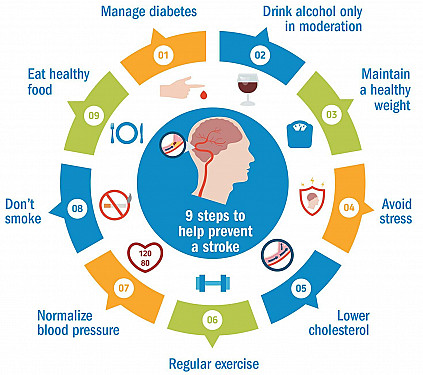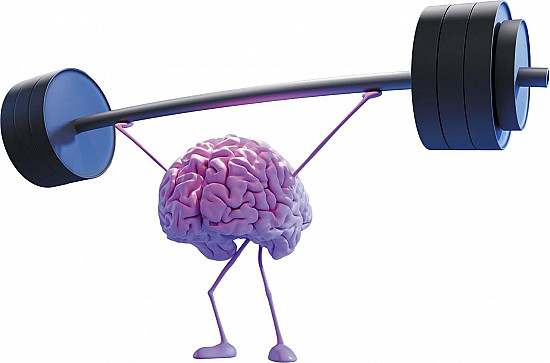Early menopause linked to higher risk of stroke
Research we're watching

Women who go through menopause before they turn 40 may be more likely than women who undergo the transition between 50 and 54 to have a stroke, according to a study published in the August 2021 issue of the journal Stroke.
Researchers identified this elevated risk after looking at data collected from 1993 to 1997 from 16,244 postmenopausal women, ages 26 to 70, who were part of a large database. Participants were asked about their age at menopause, as well as about their overall health, reproductive history, diet, and lifestyle. Some 830 women went on to have a stroke within the next 15 years. After adjusting for risk factors, such as smoking, blood pressure, and body mass index, the researchers found that women who went through menopause before they turned 40 had a slightly higher stroke risk than those who were older at the time of menopause. For each year after age 50 that passed before a woman entered menopause, the risk of a later stroke dropped by 2%. Higher risk was only seen for the most common type of stroke — ischemic stroke, which is caused by a clot or other obstruction that blocks blood flow to the brain. Risk was not higher for hemorrhagic stroke, which occurs when a weakened blood vessel in the brain bursts. The link between stroke and an earlier menopause was highest among women who entered menopause naturally, but risk was still elevated in women who entered menopause when they had their ovaries surgically removed.
Researchers speculated that risk rises because of a decline in a female hormone called estradiol, which may either directly harm the blood vessels or elevate other risk factors for stroke.
Image: © Ponomariova_Maria/Getty ImagesAbout the Author

Kelly Bilodeau, Former Executive Editor, Harvard Women's Health Watch
Disclaimer:
As a service to our readers, Harvard Health Publishing provides access to our library of archived content. Please note the date of last review or update on all articles.
No content on this site, regardless of date, should ever be used as a substitute for direct medical advice from your doctor or other qualified clinician.
















